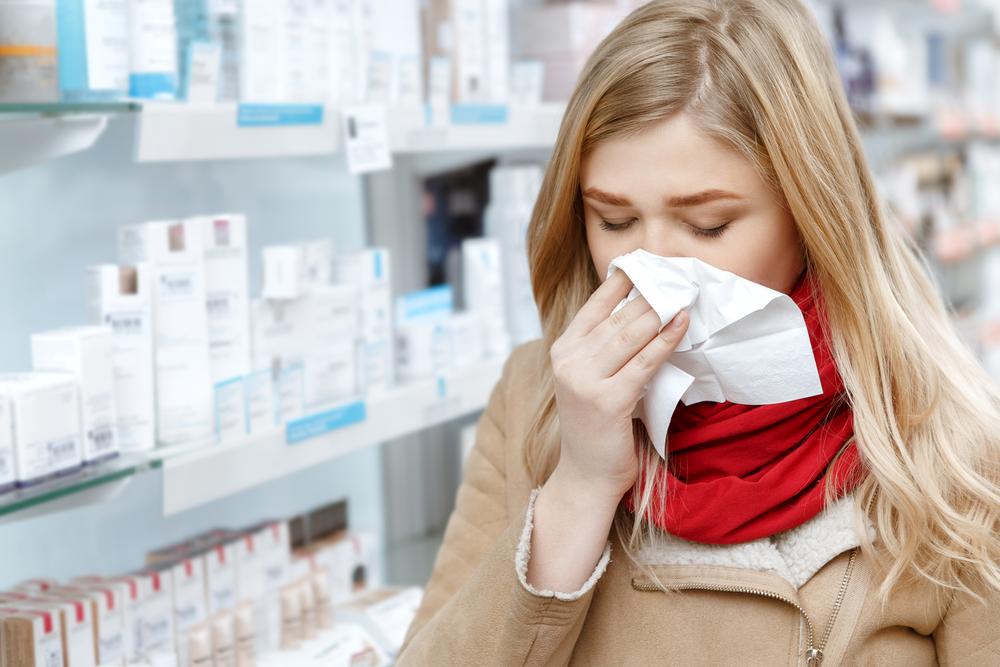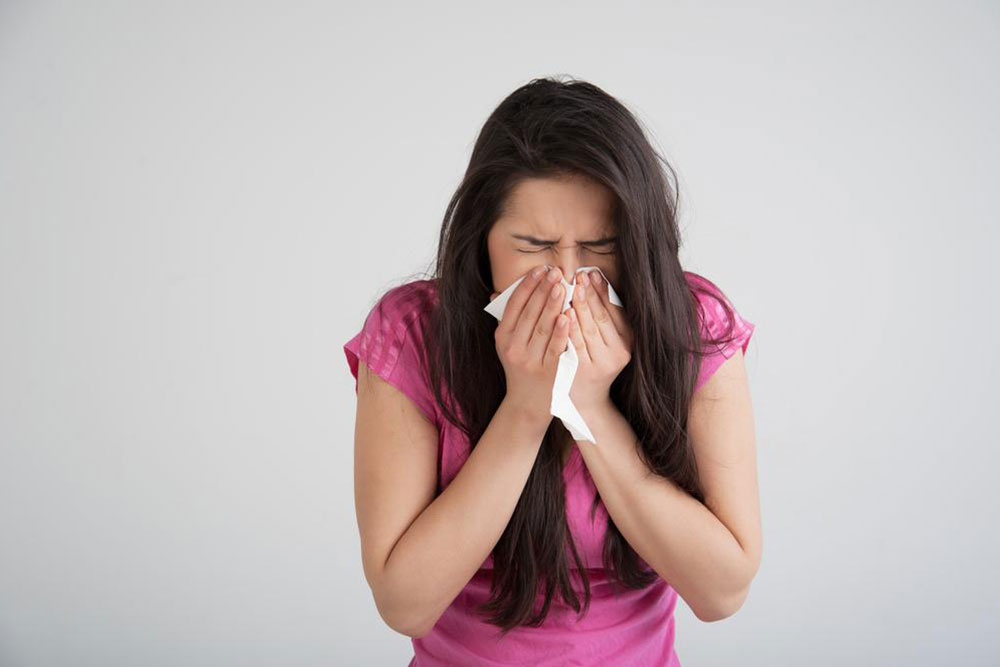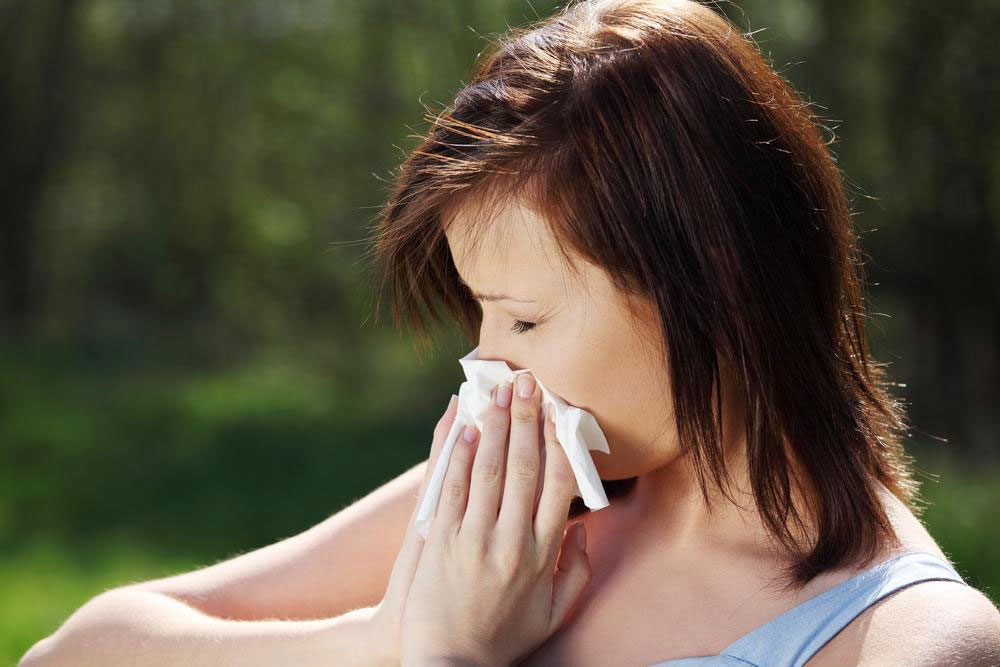Effective Remedies for Allergy Relief
Discover effective allergy relief options, including antihistamines, decongestants, and safe medications for children. Learn how to manage symptoms, avoid triggers, and utilize over-the-counter remedies for seasonal allergy relief. Stay informed about pollen levels and protective measures to enhance comfort and health during allergy seasons.

Effective Remedies for Allergy Relief
Understanding Allergy Treatments
In many parts of the United States, spring begins as early as February and extends into summer. Tree pollination starts first, followed by grasses later in spring and summer, with ragweed prevalent in early fall. In tropical climates, grasses may pollinate throughout much of the year. Managing seasonal allergies involves recognizing specific triggers, such as trees, grasses, ragweed, dust, or mold from soil and decaying wood.
Strategies to Alleviate Seasonal Allergies
Keep track of pollen and mold counts daily through weather reports and media updates to stay informed during allergy seasons.
Close windows and doors at home and in your vehicle to reduce allergen exposure.
Identify which pollen types affect you most and monitor their levels, especially at night for tree and grass pollen, and in the early mornings for ragweed.
Wash your hands, face, and hair regularly, and shower after outdoor activities.
Change clothes immediately after going outside to avoid spreading allergens indoors.
Wear a mask while gardening, mowing, or doing outdoor chores, and take allergy medications as recommended.
How Antihistamines Help in Allergies
When exposure to allergens like pollen occurs, it triggers your immune system’s response.
This causes allergic symptoms through the release of chemical messengers such as histamine from mast cells.
Histamine binds to receptors, leading to symptoms such as redness, swelling, and itching.
Antihistamines work by blocking histamine from attaching to these receptors, thus preventing allergy symptoms.
Role of Decongestants in Relieving Nasal Congestion
Allergic reactions often cause swelling of nasal tissues, leading to congestion and mucus buildup.
Blood vessels in the eyes may also swell, resulting in redness.
Decongestants reduce swelling by constricting blood vessels, providing relief from nasal blockage, runny nose, and eye redness.
Possible side effects include increased blood pressure, sleep issues, and urinary difficulties, so they are not recommended for certain individuals such as those with hypertension or glaucoma.
Best Over-the-Counter Decongestant Options
Decongestants are available as nasal sprays, liquids, eye drops, and pills to ease nasal congestion.
Nasal sprays and eye drops should be used for only a few days to avoid rebound congestion.
Pills like pseudoephedrine and liquids can be used for longer durations.
Common nasal spray decongestants include phenylephrine and oxymetazoline.
Some eye drops like Visine also help relieve nasal and ocular congestion.
Suitable OTC Allergy Medications for Children
Mild allergy medications are recommended for children, as their bodies respond differently from adults.
Kids’ Zyrtec syrup, suitable for children aged 2 and above, effectively relieves symptoms like itching, runny nose, watery eyes, and sore throat.
It is free of colors and sugar, ensuring safety for young children.
A single daily dose is sufficient.
The Allergycast App can be downloaded to monitor pollen counts and track your child's allergy signs.
If symptoms persist despite OTC treatments, consult your healthcare provider promptly.










